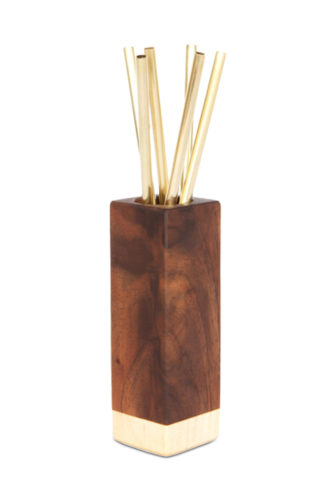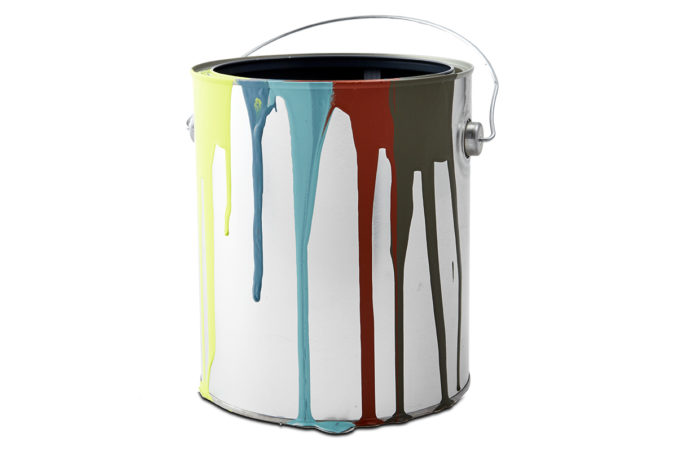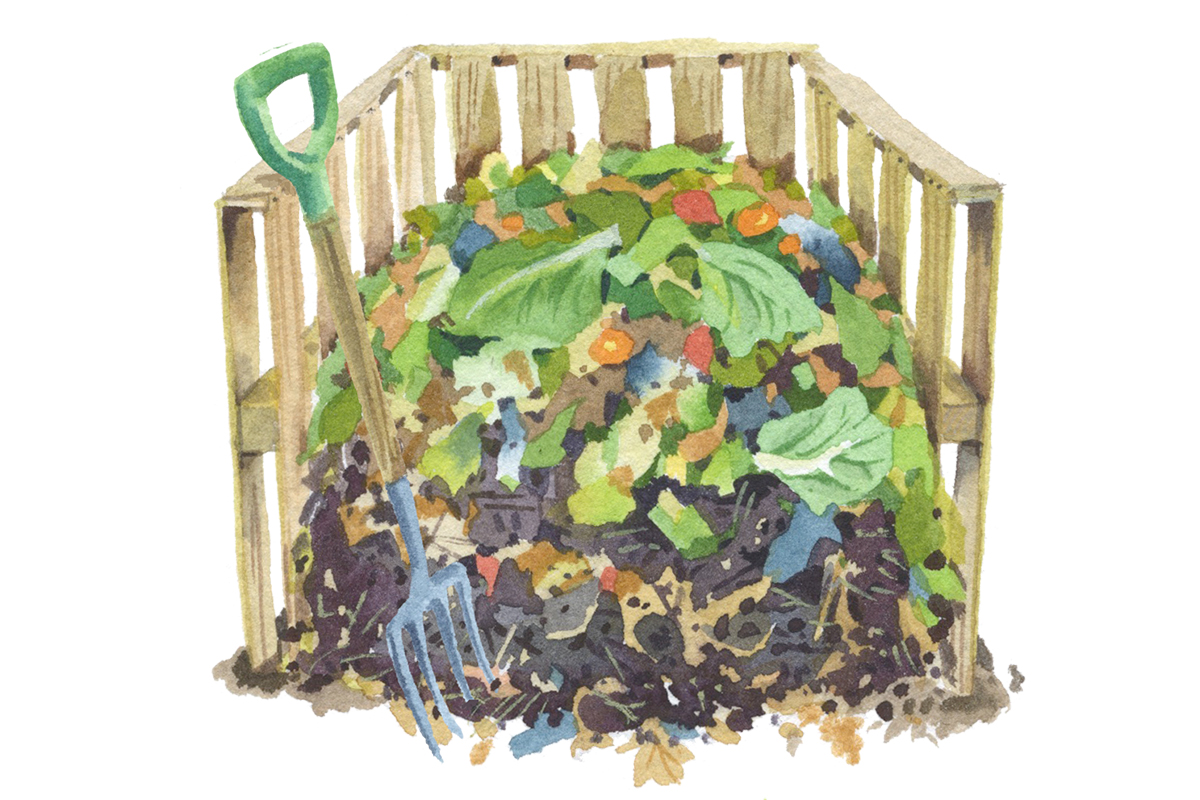Composting 101
Lakewood resident Lauren Clarke is on a mission to reduce food waste. Her education as a Dallas County master gardener and a stint in culinary school at El Centro College led her to launch Turn Compost, a service that collects residential food scraps for compost. “It was a culmination of personal interest and also my passion for food and gardening,” she says. Here’s how it works: For a monthly fee of $35, Clarke and her team deliver a 5-gallon bucket with an industrial lid that seals. Fill it up with “allowed” foods, and her team will pick it up once a week and leave a clean bucket in its place. Turn delivers the scraps to local farms and community gardens, which use it to make compost. Subscribers get a treat from an area farm once a month, such as non-GMO feeds, local honey, or worm castings for the garden. Or they can opt to send the monthly gifts to a community or school garden. “I know how important it is to invest back in the area,” she says. “That’s how I built the service.”
Compost these:
- Veggie scraps
- Grains
- Egg shells
- Coffee grounds
- Beans, nuts, seeds
Don’t compost these:
- Glass, metal, plastic
- Dairy
- Fats and Oil
- Bones and Meats
- Pet Waste
- Liquids
Au Naturel
Natural organic gardening expert Howard Garrett recommends his special eponymous formula, Garrett Juice, as a fertilizer. The recipe is simple. Mix the following in a gallon of water: 1 c compost tea, 1 oz molasses, 1 oz apple cider vinegar, and 1 oz liquid seaweed. For more fertilizer value, add 1-2 oz of liquid fish per gallon of spray.

The Last Straw
The Goop pop-up in Highland Park Village made it easy to switch out plastic straws for a more earth-friendly version. Your most beautiful bet is a set of brass sippers in a walnut holder from LA furniture designer Chris Earl.
Hazard Warnings
Before you trash it, think twice.
 Certain household hazardous wastes—batteries, motor oil, paint, lawn chemicals, and antifreeze to name a few—should never go in the garbage can, be poured down the drain, or illegally dumped. Instead, drop them off at the Dallas County Home Chemical Collection Center. It’s open Tuesdays, Wednesdays, and Thursdays, and the second and fourth Saturdays of every month.
Certain household hazardous wastes—batteries, motor oil, paint, lawn chemicals, and antifreeze to name a few—should never go in the garbage can, be poured down the drain, or illegally dumped. Instead, drop them off at the Dallas County Home Chemical Collection Center. It’s open Tuesdays, Wednesdays, and Thursdays, and the second and fourth Saturdays of every month.





